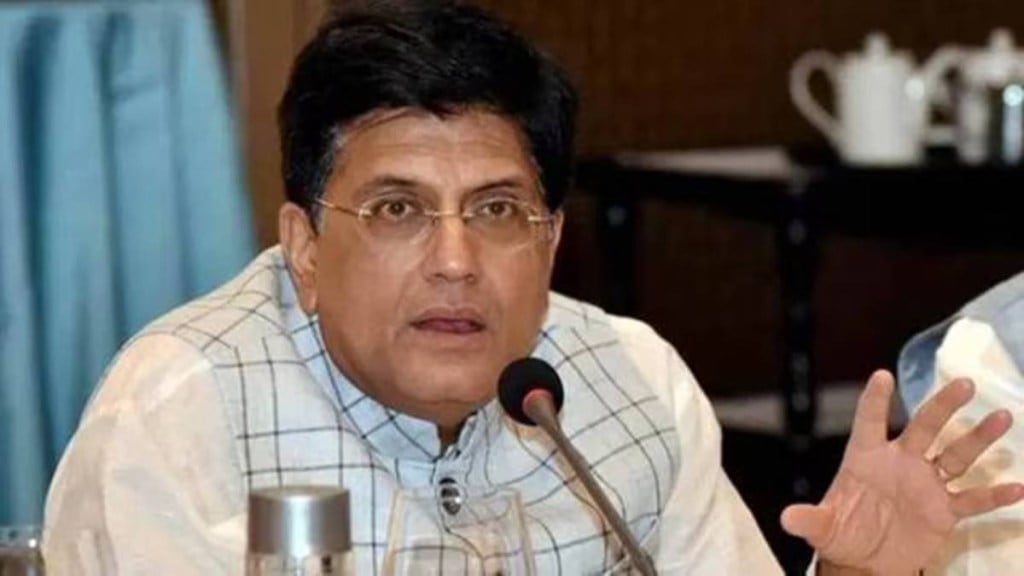Africa could support India in areas such as critical minerals and petroleum products, while India could support the continent in food security, technological upgradation, manufacturing, and services for doubling bilateral trade by 2030, commerce and industry minister Piyush Goyal said on Friday.
Africa is home to sizable reserves of the world’s critical energy transition minerals. It accounts for 55% of cobalt, 47.65% of manganese, 21.6% of natural graphite, 5.9% of copper, 5.6% of nickel, 1% of lithium, and 0.6% of iron ore global reserves. The recent curbs on critical mineral trade by China – which has cornered bulk of the processing capacity has galvanised all major economies to secure supplies for their industry through acquisitions of mines and building pocessing capacities.
India-Africa bilateral trade stands at $83 billion
At present bilateral trade between the two sides is balanced with India’s exports at $ 42.7 billion and imports at $ 40 billion but untapped potential exists across regions, the minister said at the Valedictory Session of 20th Edition of CII India Africa Business Conclave.
Pointing to the potential in the auto sector, the minister noted that while Africa imports nearly $ 20 billion worth of motor vehicles annually, India meets just $ 2 billion of this demand. While India can increase its supplies to Africa of automobiles, it can in return benefit from greater imports of African resources such as critical minerals, petroleum products, and agricultural commodities.
India is cost-competitive in services like architecture, engineering, IT, Artificial Intelligence and telecom, while also offering potential in medical tourism.
Agriculture, Pharma, Green Energy sectors identified for collaboration
Other sectors highlighted by Goyal for collaboration included agriculture technologies, renewable energy and generic medicines.
This balanced exchange, he said, would help both regions expand trade, generate employment, and build long-term industrial partnerships, Goyal added.
Goyal urged African nations to work with India at multilateral platforms like the World Trade Organisation (WTO) to create common objectives and influence global decision-making. The call comes at a time when the world trade system is undergoing a major overhaul which will even change the way multilateral institutions will function.

